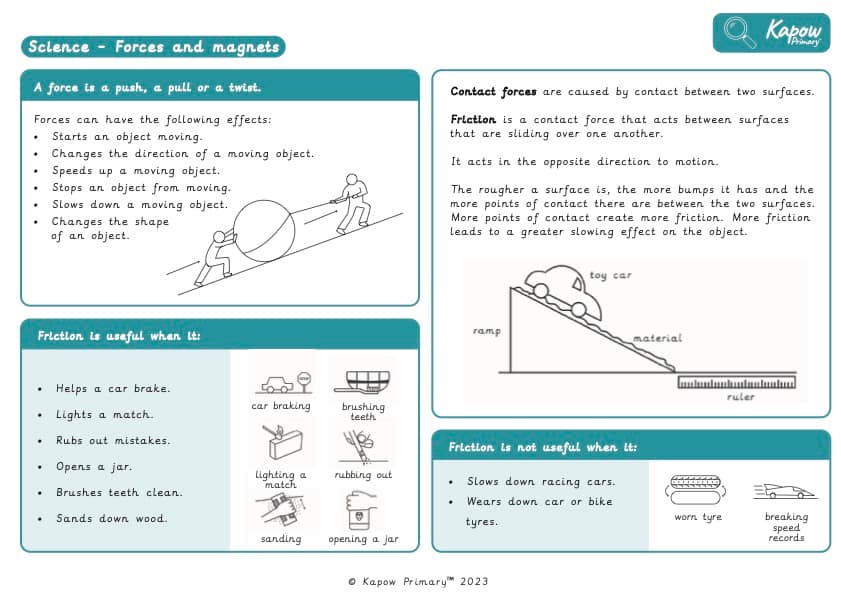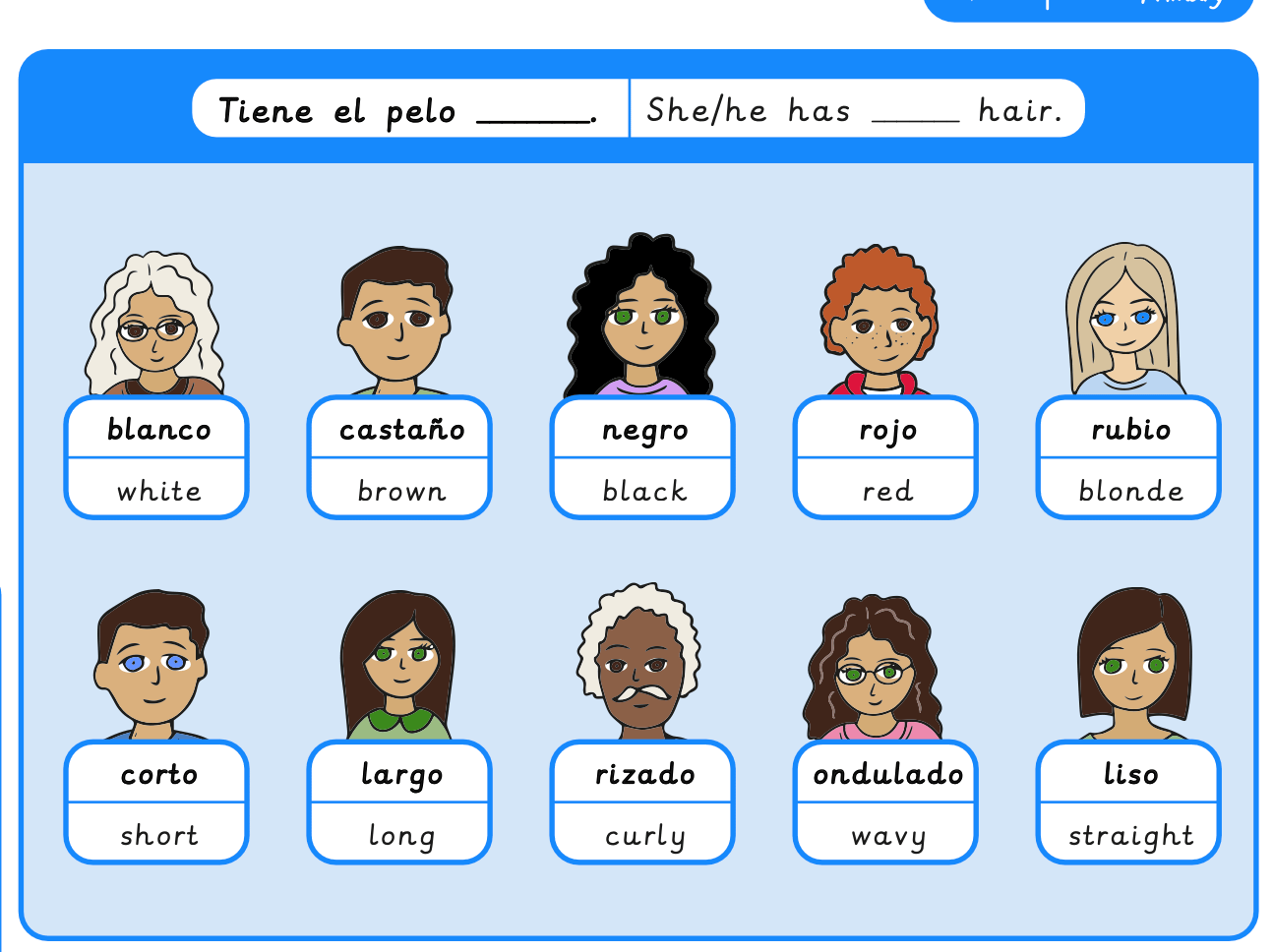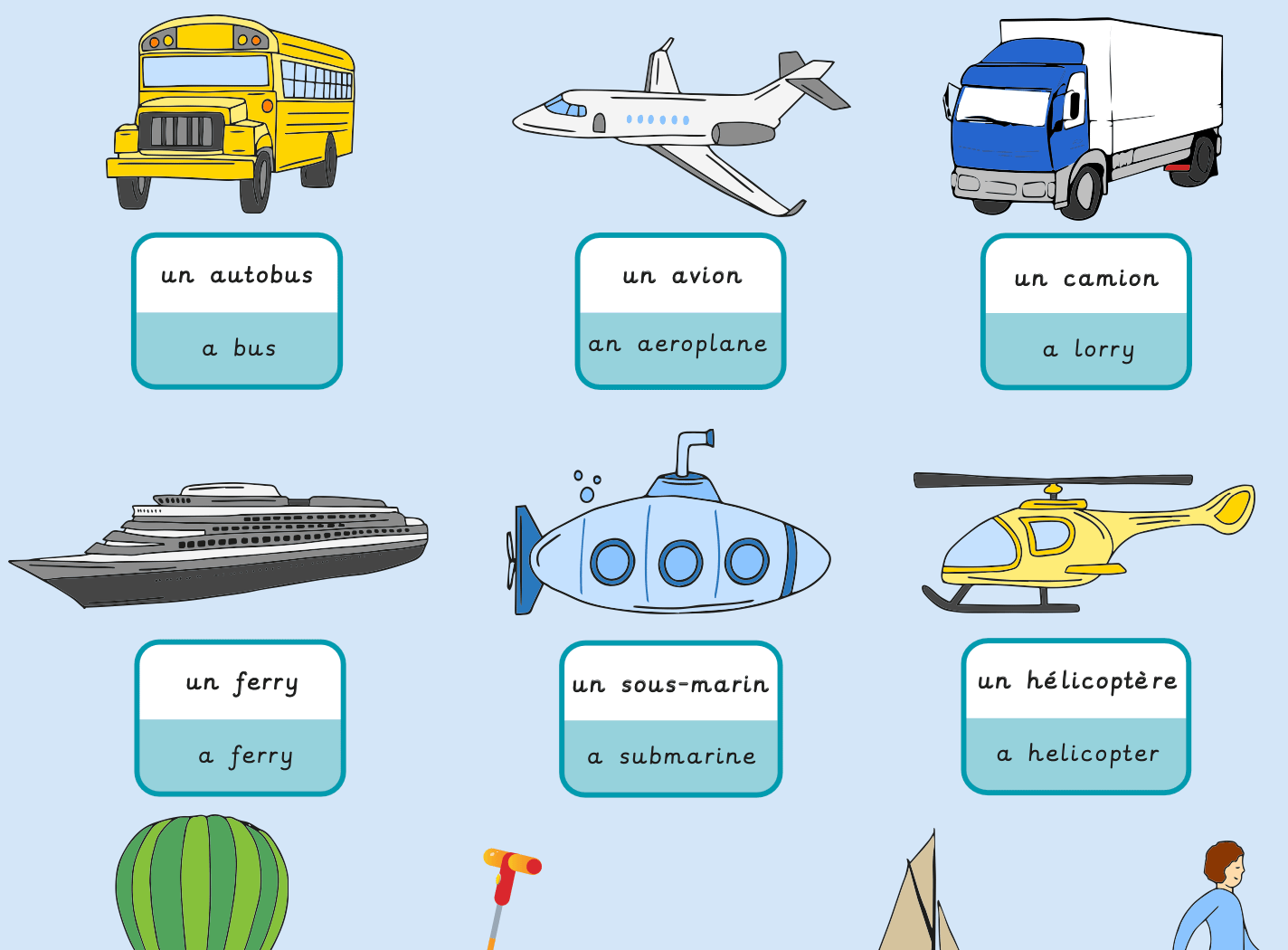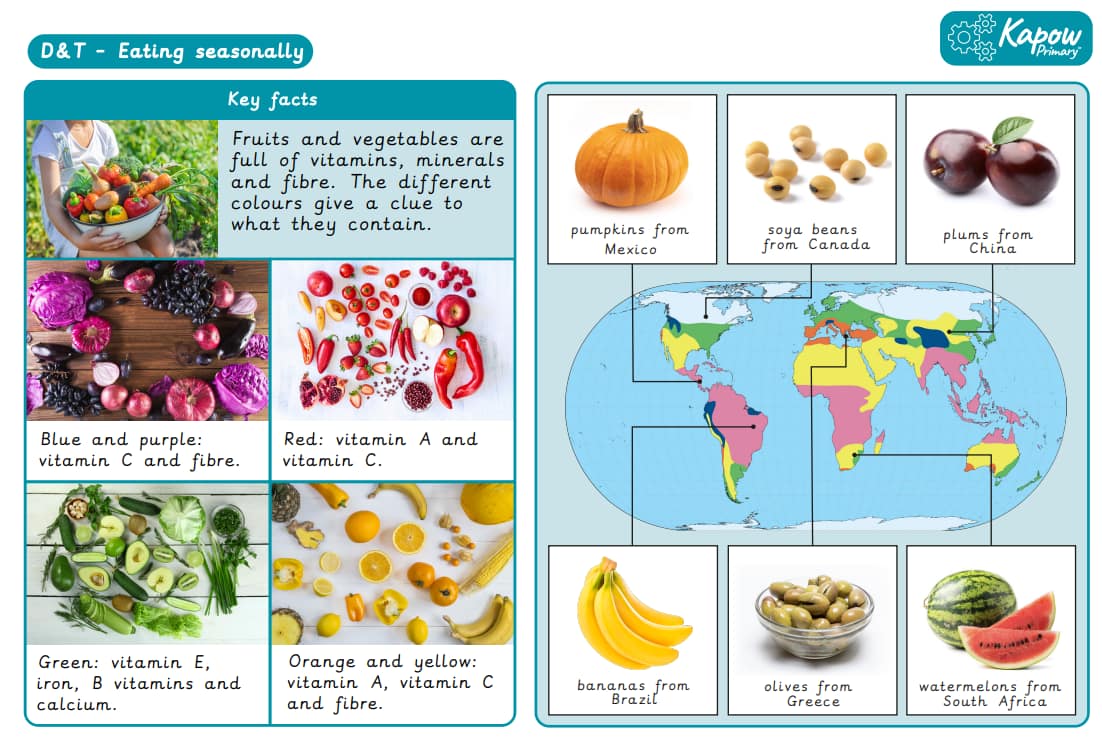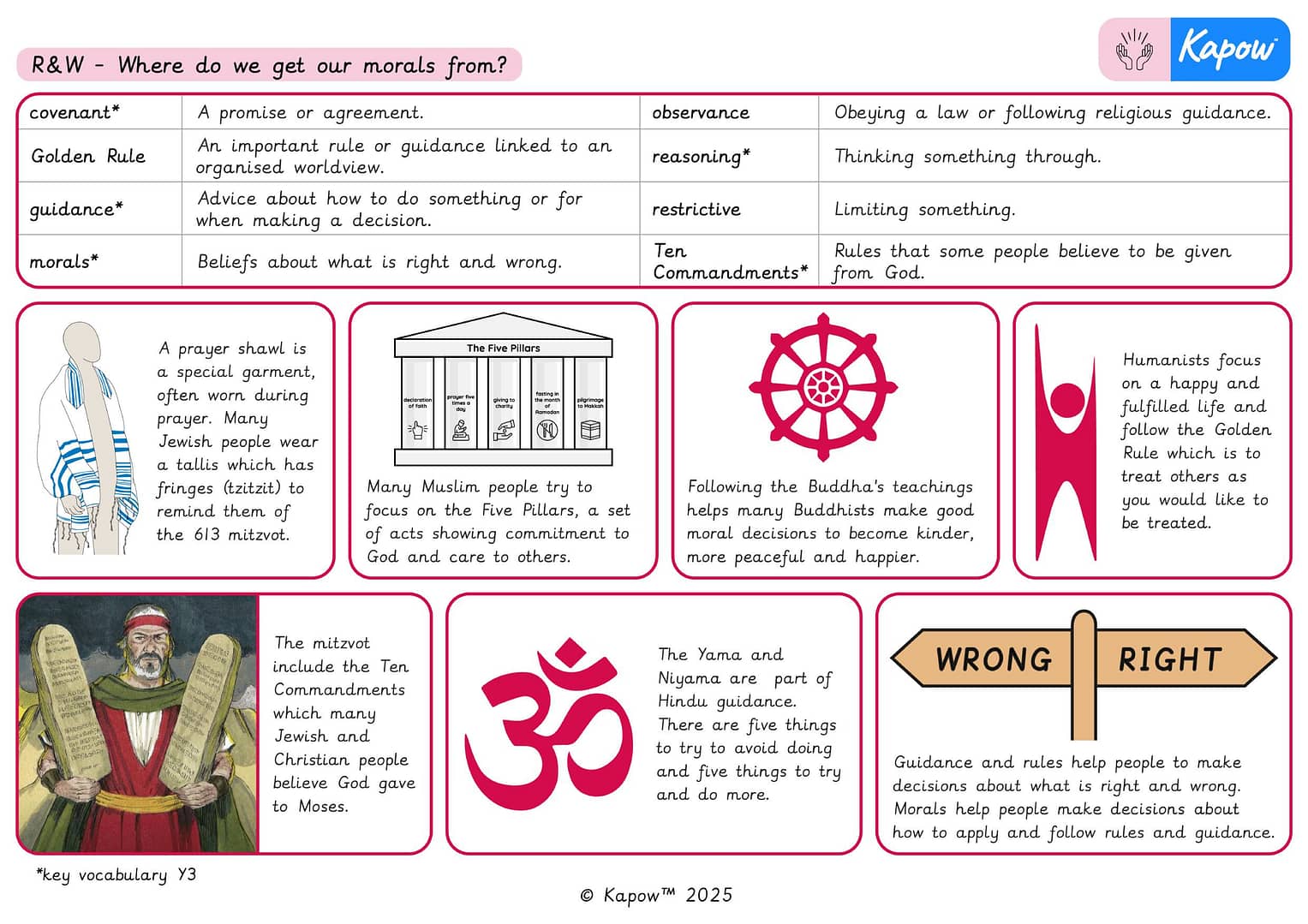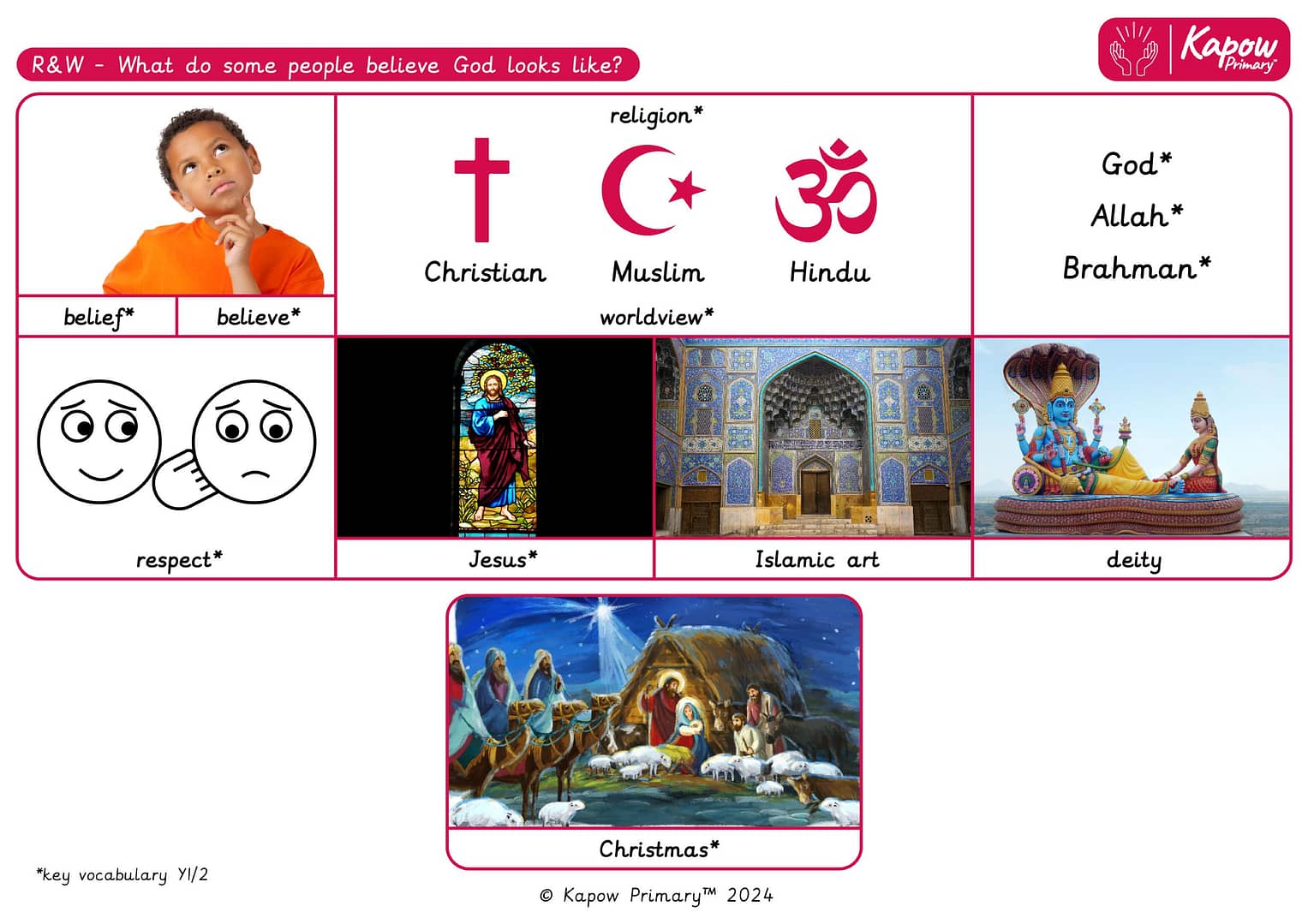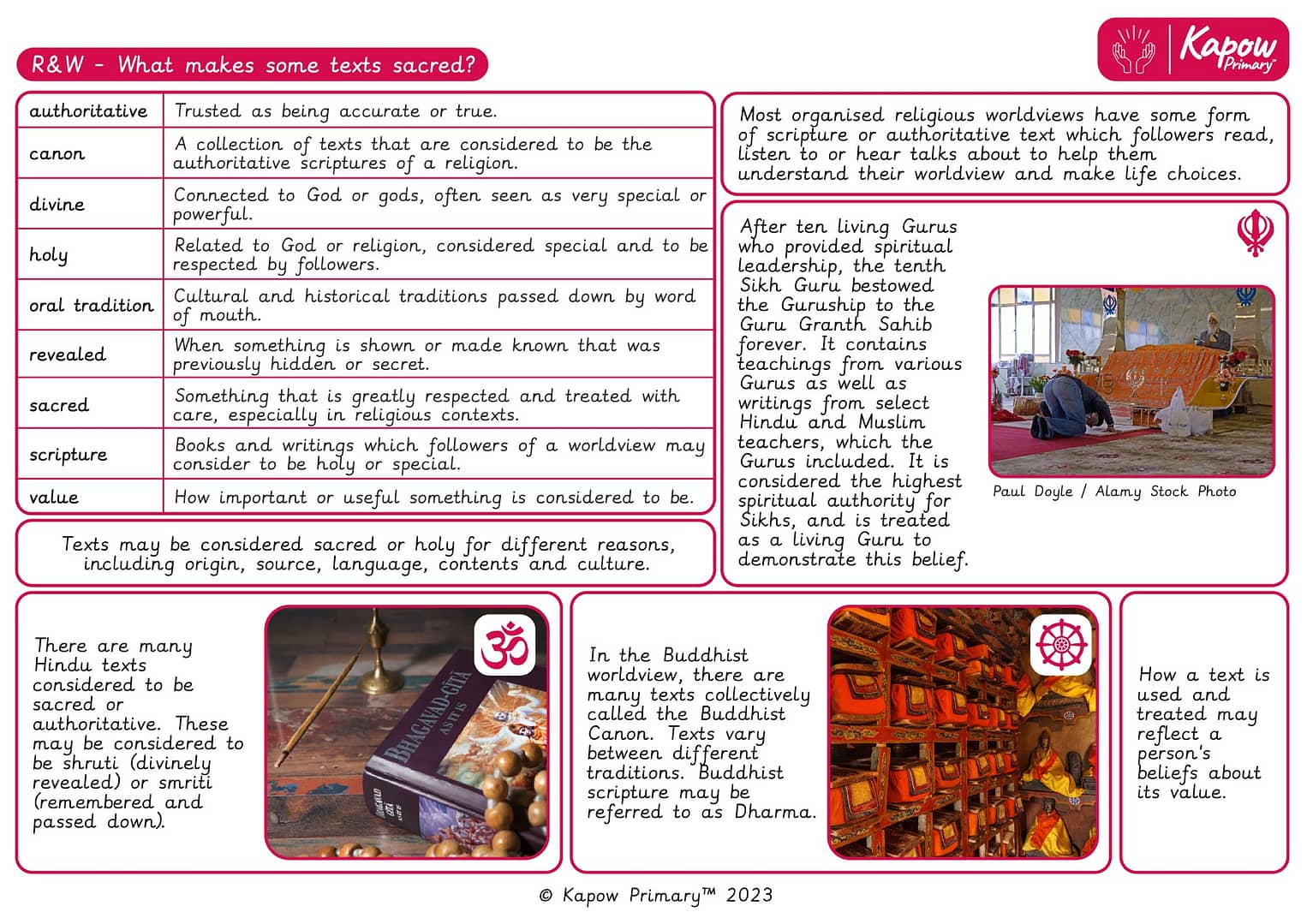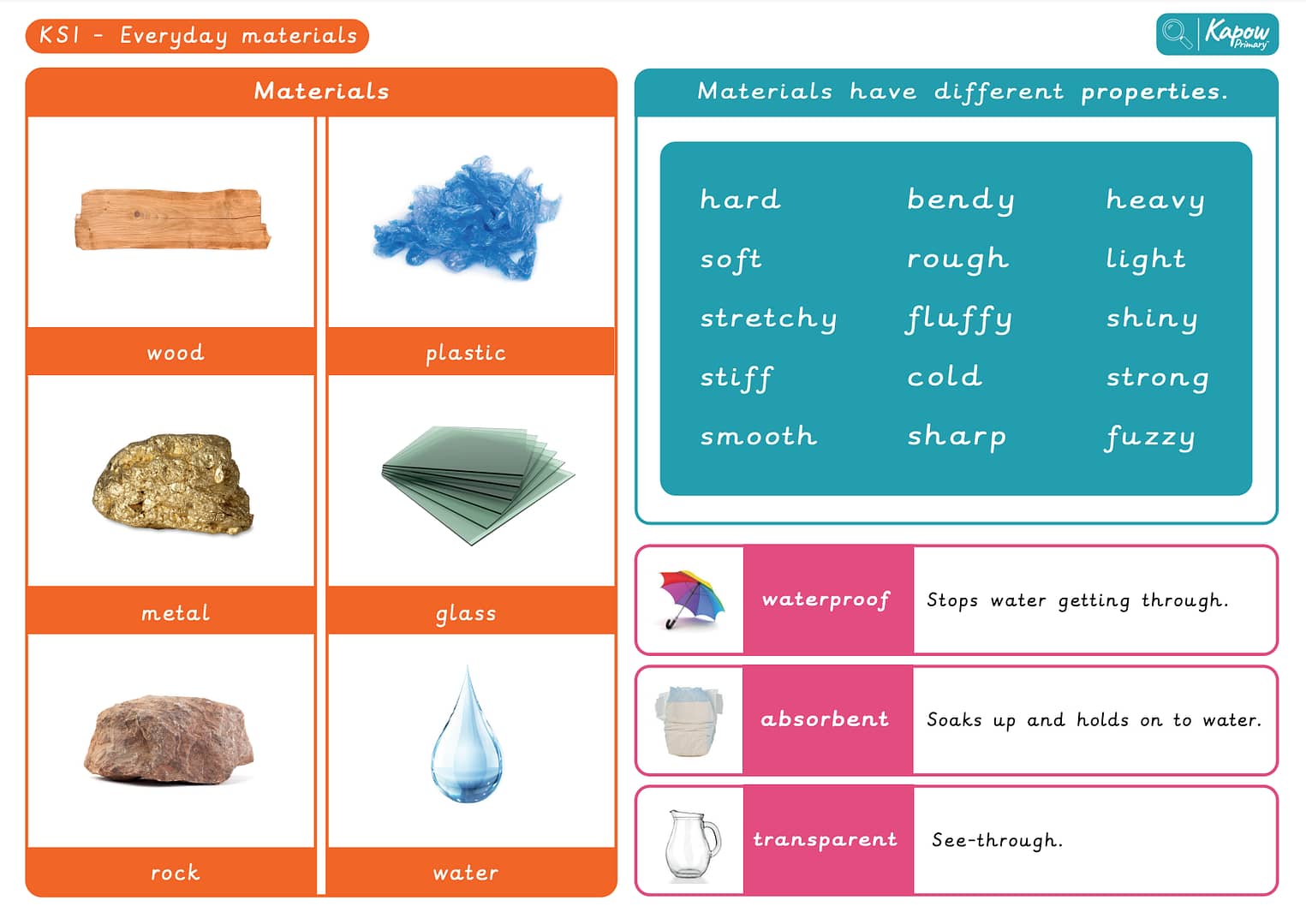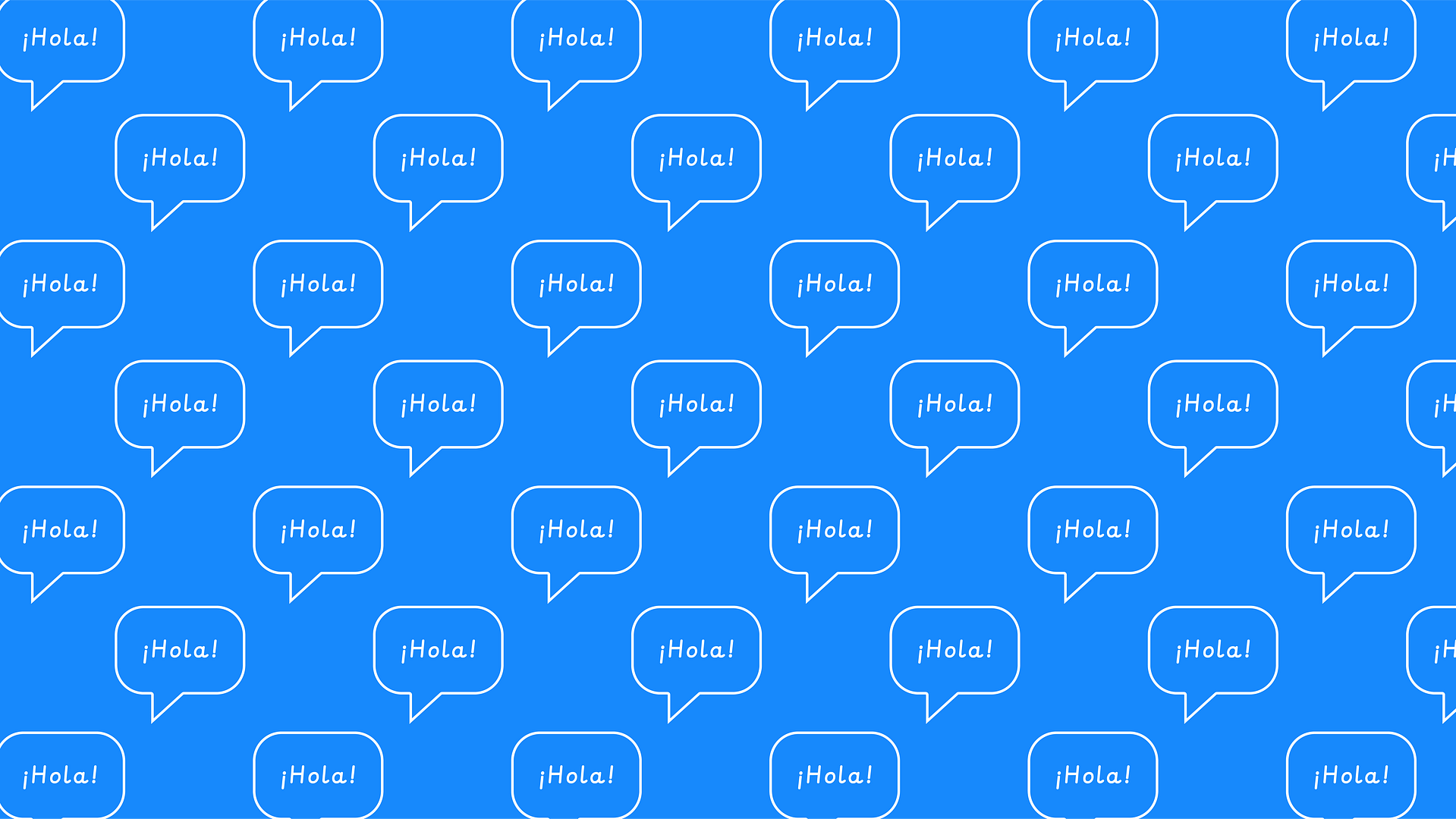Teaching resource: Knowledge organiser
Knowledge organiser – Spanish Year 5: Spanish portraits
A Knowledge organiser that captures the essential knowledge and skills learnt throughout the unit Spanish, Year 5, Spanish Portraits.
This Spanish resource is designed to support the pupils as they explore vocabulary and phrases related to describing people and portraits. It introduces key vocabulary such as facial features, adjectives, colours, and emotions, helping the pupils develop their Spanish-speaking, listening, and reading skills. The pupils will also learn how to describe physical appearances and expressions in simple sentences.
Knowledge organiser – French Y5/6 (Cycle B): French Transport
A Knowledge organiser that captures the essential knowledge and skills learnt throughout the unit French, Year 5/6 Cycle B, Transport.
This French resource is designed to support the pupils as they explore different modes of transport and their impact on people and the environment. It introduces key vocabulary such as infrastructure, emissions, public transport, sustainability, and congestion, helping the pupils understand how transport systems function in urban and rural areas. The pupils will also learn about historical developments in transportation and consider the benefits and challenges of different transport options.
Knowledge organiser – D&T Y3: Cooking and nutrition: Eating seasonally
A Knowledge organiser that captures the essential knowledge and skills learnt throughout the Year 3 Design and Technology (D&T) unit Cooking and Nutrition: Eating Seasonally.
This Design and Technology resource is designed to support the pupils as they explore the benefits of eating seasonal produce and its impact on health and the environment. It introduces key vocabulary such as seasonal food, imported, exported, nutrients, and sustainability, helping the pupils understand why certain fruits and vegetables grow in specific regions and how food transportation affects the environment. The pupils will also learn about the advantages of using locally grown produce and how to prepare simple recipes with seasonal ingredients.
Knowledge organiser – R&W Y3: Where do our morals come from?
Knowledge organiser – R&W Y1: What do some people believe God looks like?
A Knowledge organiser that captures the essential knowledge and skills learnt throughout the unit Religion and Worldviews, Year 1, What Do Some People Believe God Looks Like?
This Religion and Worldviews resource is designed to support the pupils as they explore different religious and cultural perspectives on the appearance and nature of God. It introduces key vocabulary such as belief, faith, symbol, worship, and imagery, helping the pupils understand how different traditions represent and describe God. The pupils will also learn about how religious stories, art, and symbols are used to express ideas about the divine.
Knowledge organiser – R&W Y4: What makes some texts sacred?
A Knowledge organiser that captures the essential knowledge and skills learnt throughout the unit Religion and Worldviews, Year 4, What Makes Some Texts Sacred?
This Religion and Worldviews resource is designed to support the pupils as they explore the significance of sacred texts in different religious traditions. It introduces key vocabulary such as scripture, authority, worship, interpretation, and teachings, helping the pupils understand how sacred writings influence beliefs and practices. The pupils will also learn about the role of sacred texts in religious communities and how they are used for guidance, worship, and moral reflection.
Knowledge organiser – Science Y1: Everyday materials
A Knowledge organiser that captures the essential knowledge and skills learnt throughout the unit Science, Year 1, Materials: Everyday Materials.
This resource is designed to support the children as they explore everyday materials. It highlights key vocabulary and concepts, including a range of materials such as wood, plastic, metal and glass and their different properties like waterproof, absorbent, transparent, hard and soft. The resource helps the children recognise and describe materials based on their characteristics. It is perfect for consolidating essential knowledge and fostering an understanding of how materials are used in the world around us.
Knowledge organiser: Spanish – Numbers and ages

